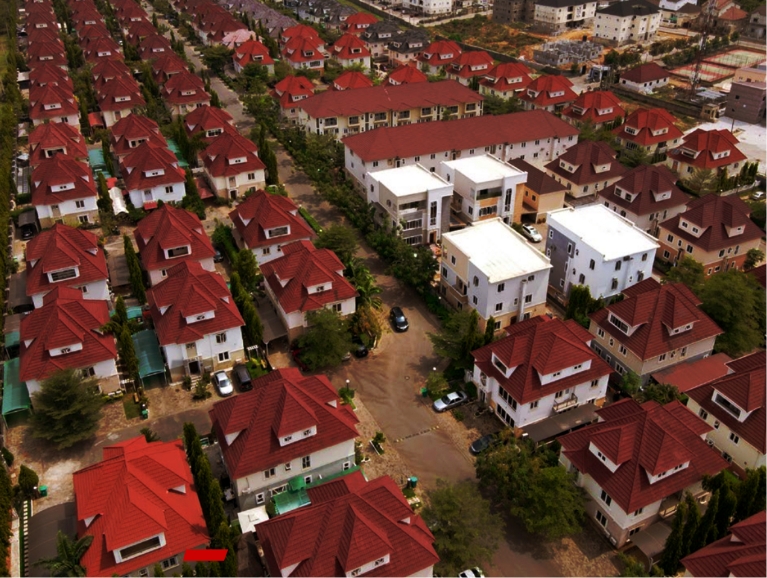Inclusive and Affordable Housing in Nigeria: Opportunities, Innovations, and the Importance of Inclusive Policies
Accessing housing is a fundamental need for all human beings, but it is a major challenge in Nigeria. With a rapidly growing population of over 200 million people, more than half of whom reside in urban areas, the country faces a significant housing deficit of 28 million units. A majority of the urban population lives in substandard settlements lacking basic amenities like proper sanitation, security, and infrastructure. For low- and middle-income earners, it is challenging to afford decent housing due to the high cost of land, building materials, and mortgages. Additionally, women encounter additional barriers to accessing housing finance due to low levels of education and limited decision-making power.
Fortunately, several opportunities and innovations can help address the housing problem in Nigeria. One such opportunity is the National Housing Fund (NHF), a mandatory savings scheme for all formal sector workers. The NHF provides low-interest loans to contributors who want to purchase or construct their own homes. The Federal Mortgage Bank of Nigeria (FMBN), which administers the NHF, has funded the construction of at least 9,500 affordable houses across the country. Furthermore, the Ministry of Works and Housing has completed at least 4,652 housing units under the National Housing Programme (NHP), which aims to provide affordable housing for all Nigerians.
Another innovation is the utilization of alternative building materials and technologies, which can reduce construction costs and environmental impact. For instance, some developers are using locally sourced materials like bamboo, clay bricks, and recycled plastic to build houses that are durable and energy-efficient. Others are employing prefabricated modules that can be assembled on-site in a short time, thereby lowering the cost of housing and making it more accessible to low-income earners.
Apart from these opportunities and innovations, inclusive policies are necessary to promote housing affordability and inclusion for all Nigerians. These policies should address issues of land tenure security, gender equality, urban planning, infrastructure development, and environmental sustainability. Additionally, they should involve the participation of all stakeholders, including government agencies, private sector actors, civil society organizations, and community groups. By working together, these stakeholders can create a conducive environment for inclusive and affordable housing in Nigeria.
Housing is a critical issue that affects the well-being and development of Nigerians. Although the NHF scheme, the NHP project, and the use of alternative building materials and technologies offer some hope, more needs to be done to ensure everyone has access to decent and affordable housing in Nigeria. It is imperative to enact inclusive policies and foster collaboration among stakeholders to create a sustainable and affordable housing system in the country.




